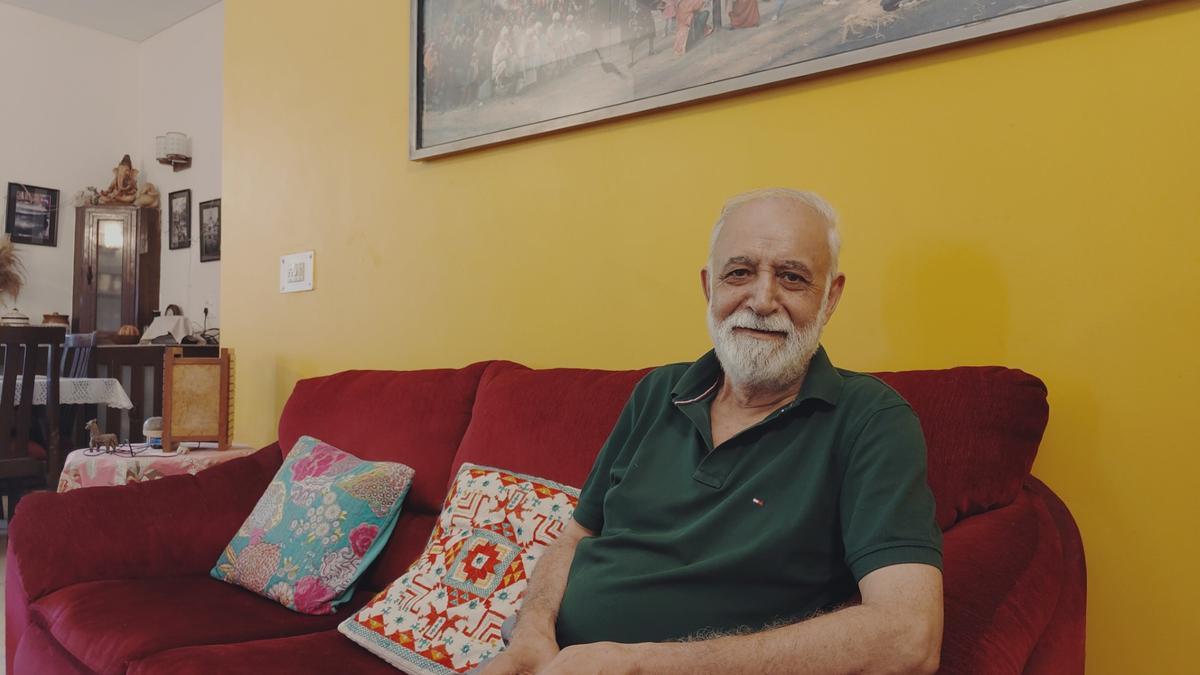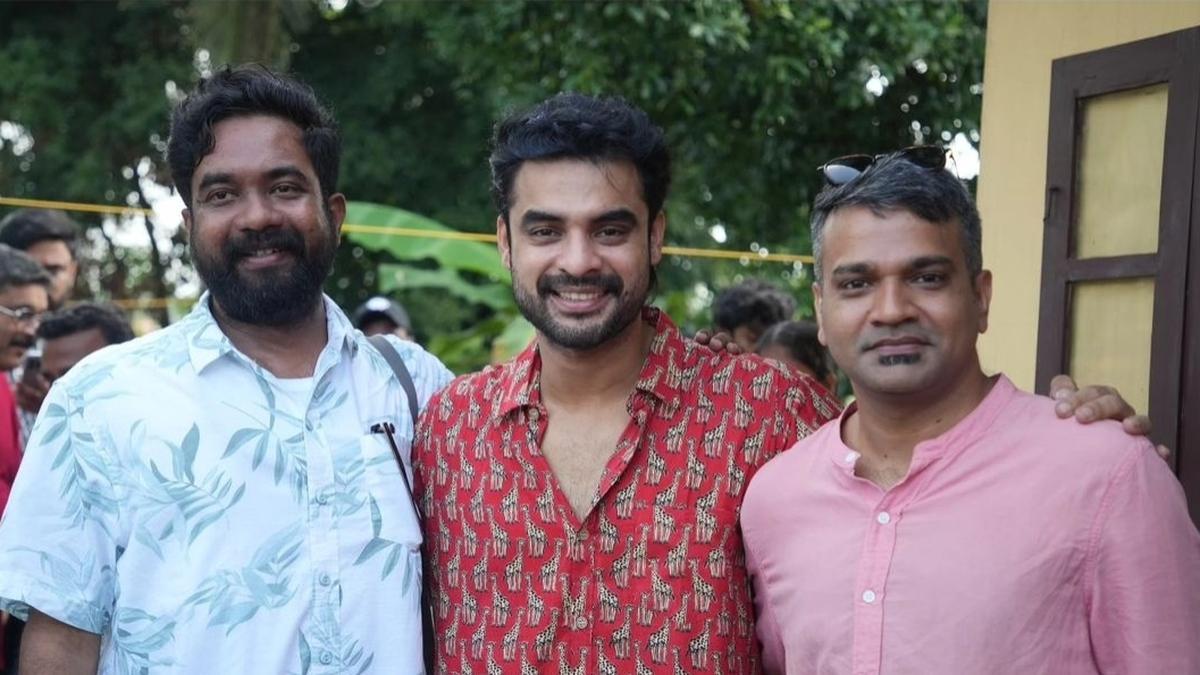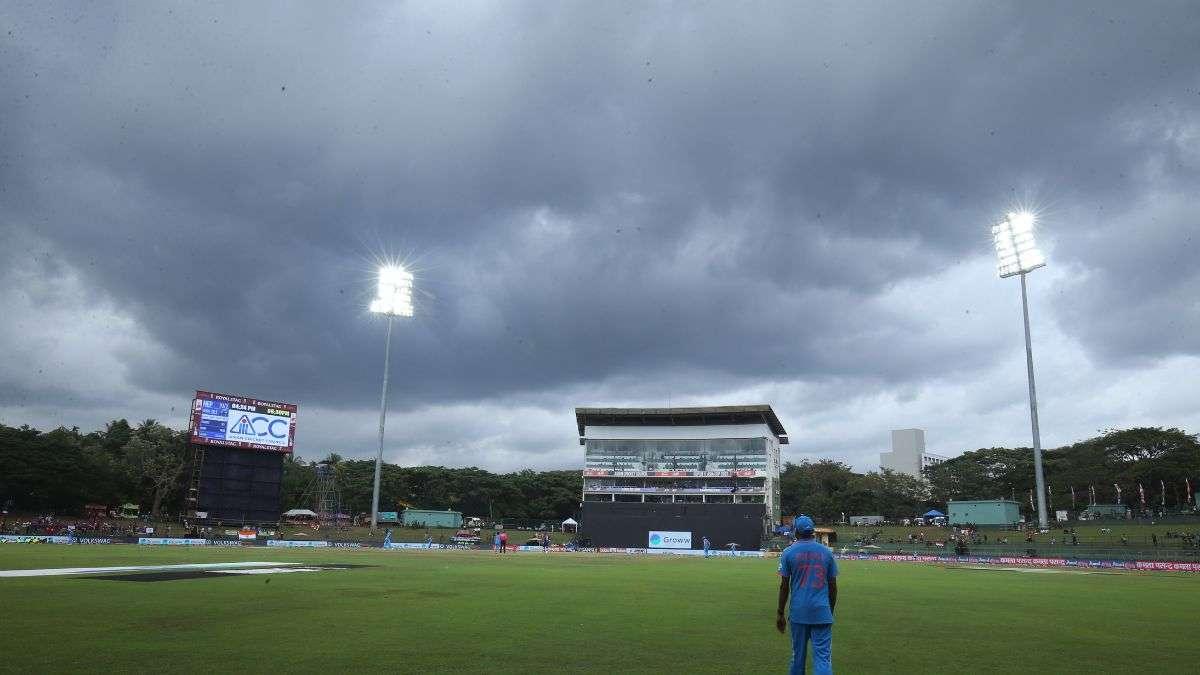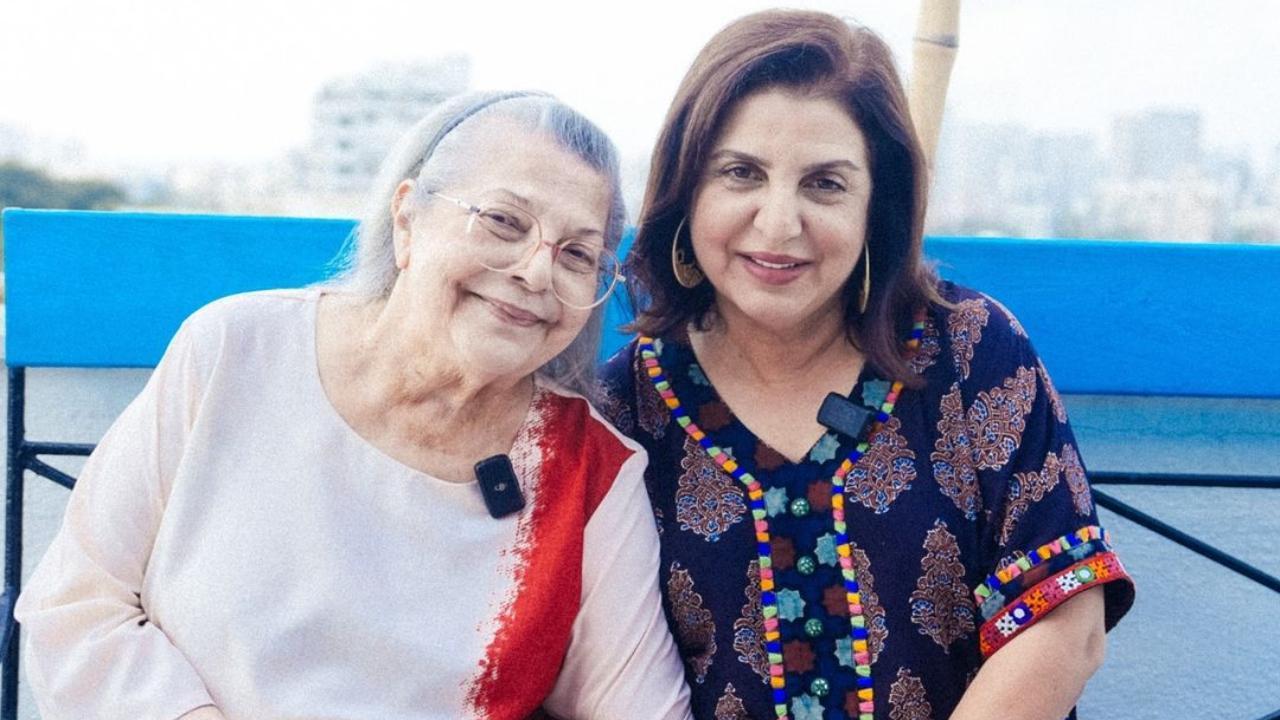
“Unhappy is the land that needs a hero,” said the German playwright Bertolt Brecht, a mantra that Maharaj Krishna Raina, a veteran theatre artisan, has held close throughout his illustrious career. Eschewing hero worship, M.K. Raina has quietly used culture as a potent tool for socio-political transformation in some of India’s most volatile regions including Punjab, Kashmir, and the North East. His philosophy, “hero nahin banana hai,” focuses on allowing his art to speak volumes.
During the pandemic, Raina had the opportunity to reflect on his extensive and eventful career, resulting in his memoir *Before I Forget* (Penguin Classics). This engaging recounting of his journey traces significant historical events that not only shaped Raina’s personal life but also informed his artistic endeavors. From the theft of the holy relic at Hazratbal shrine in Srinagar in 1963 to the 1984 anti-Sikh riots in Delhi, and from the tragic murder of his close friend Safdar Hashmi in 1989 to the exodus of Kashmiri Pandits, the narrative encapsulates the complex socio-political fabric of India. His memoir, rich with layered storytelling, documents these pivotal moments without taking sides, setting the stage for his friend and director Sudhir Mishra to potentially adapt it into a film.
Raina, a consummate actor, auteur, and activist, has stood resiliently in the face of life-threatening adversities. He avoids clichés, seeking humor and hope amidst darkness, much like in his plays. He recalls a line from his renowned play focusing on Oppenheimer, long before Christopher Nolan made the physicist a modern discussion point: “I don’t like to follow the ideas of others.”
In the aftermath of the brutal murder of activist Safdar Hashmi, Raina, alongside friends including actor Shabana Azmi, disrupted the International Film Festival of India’s opening ceremony in Delhi, turning it into a protest against the fascist forces of disruption. Years later, after the Babri Mosque demolition, Raina coined the slogan, “Ab koi nara na hoga, bas desh bachana hoga” (Now there will be no sloganeering, it will only be about saving the nation), and directly questioned political figures like Atal Bihari Vajpayee. When the Kashmiri Pandits were expelled from their homes, Raina critically held the silence of secularists culpable for allowing the right-wing ideology to dominate their narrative.
Raina embodies a connection to grassroots theatre, firmly believing, “We can’t cease to be a citizen.” He draws inspiration from the Buddha’s idol, where Buddha is in deep meditation, yet one hand touches the ground. Raina interprets this as a reminder to stay grounded. He points out that often, the remedy for hardship lies close at hand: “The cure of stinging nettle is another weed that grows nearby. You just have to look for it.
.” He advocates for the crucial role of inquiry in Indian tradition, emphasizing that questioning authority is integral to our cultural ethos, a theme he believes is eroding over time.
A self-described “product of socialist India,” Raina reminisces about the period when affordable books and the nurturing environment of the National School of Drama allowed him to develop his craft. The majority of students came from modest backgrounds, rich in cultural traditions and free from inferiority complexes. Raina was one of the first to truly realize the theatre school’s mission of taking art to the grassroots.
In the 2000s, Raina fought tirelessly to revive folk theatre in the Kashmir Valley, reconnecting with traditional artist villages between Anantnag and Pahalgam. He quietly collaborated with local artisans such as potters for mask-making and tailors for costume designs. As audience sizes swelled to 5000, separatists took notice and attempted to hinder their efforts. However, the villagers, recognizing the cathartic power of culture, resisted, questioning, “ab tum humein hasne bhi nahin doge?” (you won’t even allow us to laugh).
Raina’s acting career began with a memorable role as a ticket collector in Avataar Kaul’s avant-garde *27 Down* alongside Rakhee. Shooting on real trains and platforms was an endurance challenge and a cost-saving necessity. Raina recounts how passengers often mistook him for an actual ticket collector. The affordability and accessibility of such shoots drastically changed after B.R. Chopra’s *The Burning Train*.
At the pinnacle of his career, Raina collaborated with luminaries of art house cinema like Mani Kaul and Mrinal Sen. They were part of a movement advocating for “healthy theatre,” a philosophy they aspired to extend into cinema. However, this movement fizzled as economic pressures forced filmmakers to commercialize their art by casting stars.
Through his memoir and his life’s work, M.K. Raina exemplifies the power of art as a catalyst for social change, unrelentingly holding a mirror to society’s complexities while remaining firmly connected to the grassroots.










